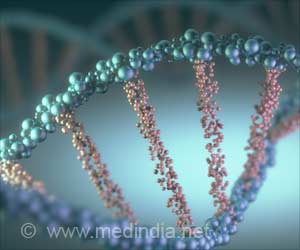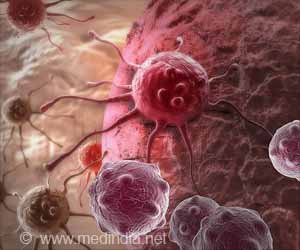Targeted therapy against abnormal signaling pathways helps prevent pediatric glioma formation in children.

‘Targeted therapy against abnormal signaling pathways helps prevent pediatric glioma formation in children.’





One of the most common solid tumors in children is brain tumors. Among them, the most prevalent of ones are pLGGs. Approximately 10% to 15% of pLGGs arise in patients with the familial cancer predisposition syndrome known as neurofibromatosis type 1 (NF1). Nearly 20% of children with NF1 develop pLGGs along the optic pathway, also known as NF1-associated optic pathway glioma (NF1-OPG). There are no definitive therapies available that prevent or alleviate the neurological deficits (i.e. vision loss) and that could improve the quality of life.
“The evidence presented can inform chemoprevention therapeutic trials for children with NF1-OPG. This therapeutic strategy may also be applicable to children with the developmental disorders that are at high risk of developing pediatric tumors, such as other RASopathies,” says Yuan Zhu, Ph.D., scientific director, and Gilbert Family Endowed professor at the Gilbert Family Neurofibromatosis Institute and associate director of the Center for Cancer and Immunology Research, both part of Children’s National.
The NF1 gene produces a protein that helps regulate normal cell proliferation, survival, and differentiation by inhibiting MEK/ERK signaling. The present study identified cells that were MEK/ERK pathway-dependent and grew during a transient developmental window as the lineage-of-origin for NF1-OPG in the optic nerve.
“When we provided a dose-dependent inhibition of MEK/ERK signaling, it rescued the emergence and increase of brain lipid-binding protein-expressing (BLBP+) migrating GPs glial progenitors, preventing NF1-OPG formation. Equally importantly, the degree of ERK inhibition required for preventing NF1-OPG formation also greatly improved the health and survival of the NF1-deficient model,” says Jecrois et al.
Advertisement
Source-Medindia










